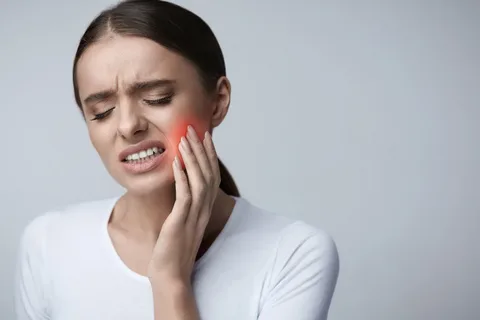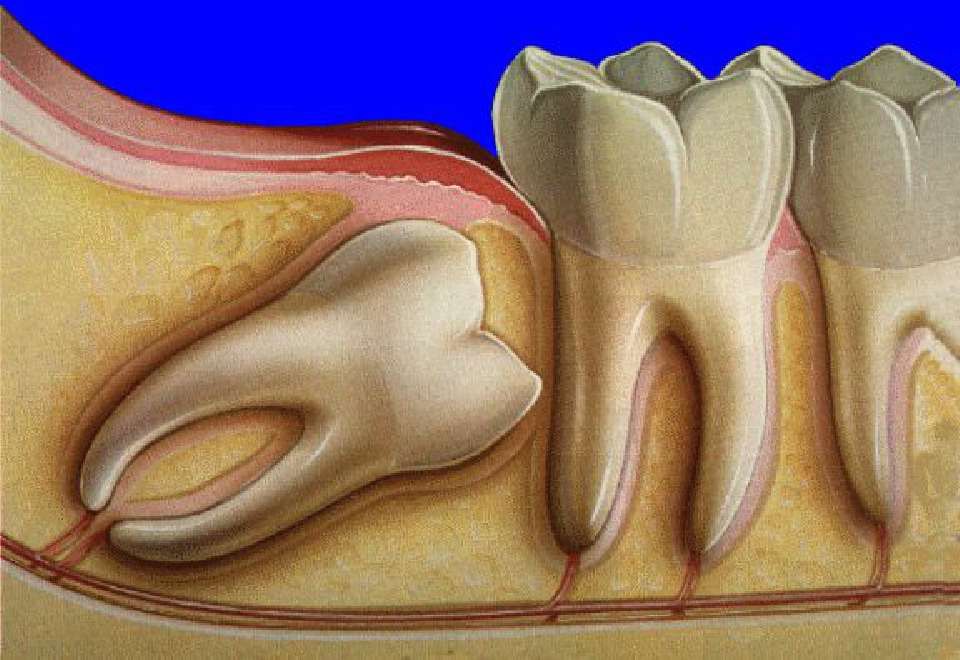TREATMENTS
TMJ Teeth Treatment in Lahore
TMJ Teeth
TMJ stands for temporomandibular joint, which is the joint that connects your jaw to your skull. It allows you to open and close your mouth, chew, speak, and perform other functions involving jaw movement. The term “TMJ” is often used to refer to disorders or conditions affecting the temporomandibular joint and the muscles surrounding it, collectively known as temporomandibular joint disorders (TMD) or temporomandibular disorders

- Functional Impairment
- Aesthetic Concerns
- Speech Difficulties
- Preventing Tooth Migration
- Preserving Bone Health
- Improving Oral Health
- List Item #1
- List Item #2
- List Item #3
Types Of TMJ Teeth

Myofascial Pain Dysfunction
MPD is characterized by discomfort or pain in the muscles controlling jaw function. It often involves trigger points, which are localized areas of muscle tenderness.

Internal Derangement
This subtype involves a structural issue within the TMJ, often related to the disc that cushions the joint. Displacement or abnormal movement of the disc may occur.

Arthritis of the TMJ
Arthritis affecting the TMJ involves inflammation of the joint, which can lead to pain and stiffness. Joint pain, swelling, and difficulty with movement. Malocclusion refers to misalignment or improper fitting of the teeth, which can affect the functioning of the TMJ.

Degenerative Joint Disease
This type involves the gradual deterioration of the joint structures over time, often associated with aging. Joint pain, limited movement, and stiffness. TMD can occur secondary to other medical conditions, such as rheumatoid arthritis or connective tissue disorders.
CAUSES OF TMJ TEETH
It seems there might be a bit of confusion in the terminology. The temporomandibular joint (TMJ) is the joint that connects the jawbone (mandible) to the skull, and temporomandibular joint disorders (TMD) refer to conditions affecting this joint and the surrounding muscles. However, there is no specific reference to “TMJ teeth.”
Malocclusion
Malocclusion refers to the misalignment of teeth, which can contribute to TMD. When the teeth do not fit together properly.
Bruxism
Bruxism is a habit of grinding or clenching the teeth, often unconsciously, and it can contribute to TMD.
Tooth Wear and Erosion
Chronic clenching or grinding associated with TMD can lead to accelerated tooth wear. Impact.
Joint Inflammation and Pain
Pain and discomfort associated with TMD may affect a person's ability to bite, chew, or maintain proper oral hygiene.
TMJ teeth
Symptoms of TMJ Teeth
- Jaw Pain
- Clicking or Popping Sounds
- Limited Jaw Movement
- Ear Pain or Fullness
- Medical Conditions
- Changes in Bite
How To Take Care Missing Teeth
Taking care of your oral health, especially when you have missing teeth, is important to prevent complications and maintain overall well-being. Here are some tips on how to care for missing teeth:
Floss Regularly: Floss between your remaining natural teeth and around dental appliances to remove plaque and prevent gum disease. If you have dental bridges or implants, use floss threaders or interdental brushes for effective cleaning.
Use an Antiseptic Mouthwash: Rinse your mouth with an antiseptic or fluoride mouthwash to help control bacteria and maintain oral hygiene. Consult your dentist for recommendations based on your specific needs.
Visit Your Dentist Regularly: Schedule regular dental check-ups, even if you have missing teeth. Your dentist can monitor the health of your remaining teeth, assess your gum health, and address any concerns promptly.
Consider Dental Appliances If you have missing teeth, your dentist may recommend dental appliances such as bridges, dentures, or implants to restore function and aesthetics. Follow your dentist’s instructions for care and maintenance of these appliances.
FAQs
The TMJ is the joint connecting the jawbone to the skull, allowing for jaw movement and facilitating activities like chewing and speaking.
TMJ disorders may result from factors such as jaw injury, arthritis, teeth grinding (bruxism), stress, or a misaligned bite.
Common symptoms include jaw pain, clicking or popping sounds when moving the jaw, difficulty in opening or closing the mouth, and headaches.
Yes, stress and anxiety can exacerbate TMJ disorders, leading to increased jaw clenching and grinding.
Diagnosis involves a thorough examination by a dentist or oral health professional, which may include imaging tests like X-rays or MRI.
Yes, conservative treatments include lifestyle modifications, jaw exercises, physical therapy, and the use of oral appliances to reduce symptoms.
